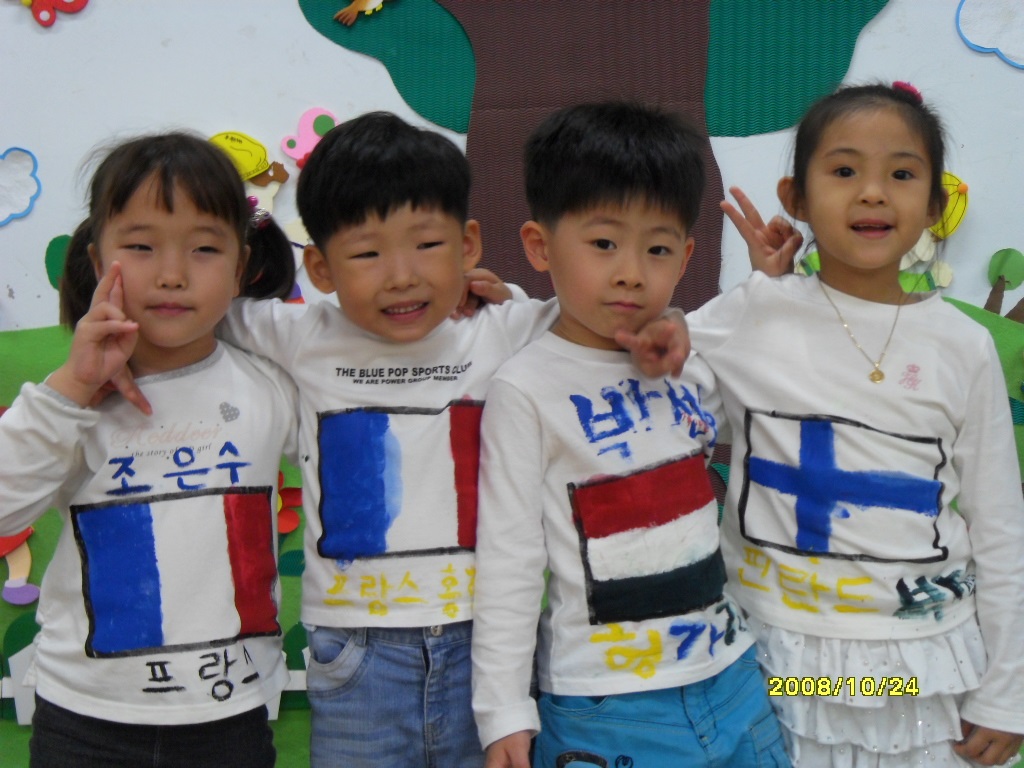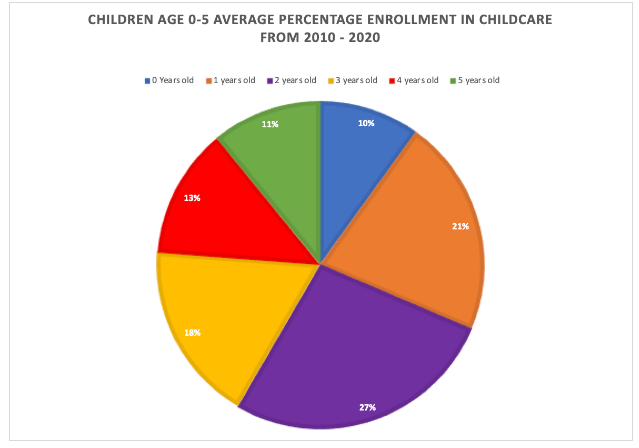The Peninsula
Beyond the Data: Childcare in South Korea

Working mothers in South Korea are in a battle to balance family and professional life. One of the largest barriers to achieving this balance is inflexibility in the workplace with newborn infants coupled with inconsistencies in childcare. One mother, National Assemblywoman Yong Hye-in, is challenging these inconsistencies to strike a balance.
National Assemblywoman Yong, a representative from the Basic Income Party, initiated a bill in July 2021 that would allow lawmakers in the National Assembly to bring newborns up to two years old into the plenary hall without explicit permission by the assembly speaker. On her own first day in office, National Assemblywoman Yong was unable to find childcare and brought her child to work, being only the third tenured woman politician to give birth while in office, making headlines.
In an interview with the Korea Herald, Yong described how, “Many countries allow mother politicians to bring their babies to work…In those countries, female participation in politics is higher.”
However, other OECD countries have much higher male participation in childcare, which increases the ability of women to participate in politics. So, why did Yong frame her bill with women still the primary caregiver instead placing responsibility on men in the family?
Firstly, Yong was operating on precedent. In 2018, National Assemblywoman Shin Bo-ra of the Liberty Korea Party asked for similar permission to bring her children into the plenary hall, and was rejected. Proposing a bill that does not require permission for lawmakers to bring infants into the plenary hall a second time three years later reinforces its importance to women participating in politics.
Secondly, some of the main arguments of both Yong and Shin include breastfeeding and occasional lack of childcare. According to KOSIS, children aged one and two years old are a large portion of children attending childcare when it’s available, making up 48% of all children under five who attended daycare in 2020. It may be more plausible to propose a bill that encompasses a large portion of children who attend daycare to display the need for alternative means of childcare.

Finally, the bill has the potential to set a precedent that will shake the future status quo of mothers in the workforce in South Korea. Progress in one sector of the labor force that women are involved in – politics – may have a spillover effect of positive change in the form of future legislation for other industries.
By proposing a bill with the mother still as the primary caregiver and covering a specific age threshold of children, Yong also creates a bill that is more likely to pass in the male-dominated 21st assembly and lays the foundation for future reform.
Julia Fadanelli is a Research Assistant at the Korea Economic Institute of America and an undergraduate at the Ford School of Public Policy at the University of Michigan. The views expressed here are the author’s alone.
The photo is from YongJu Park’s photostream on flickr Creative Commons.
